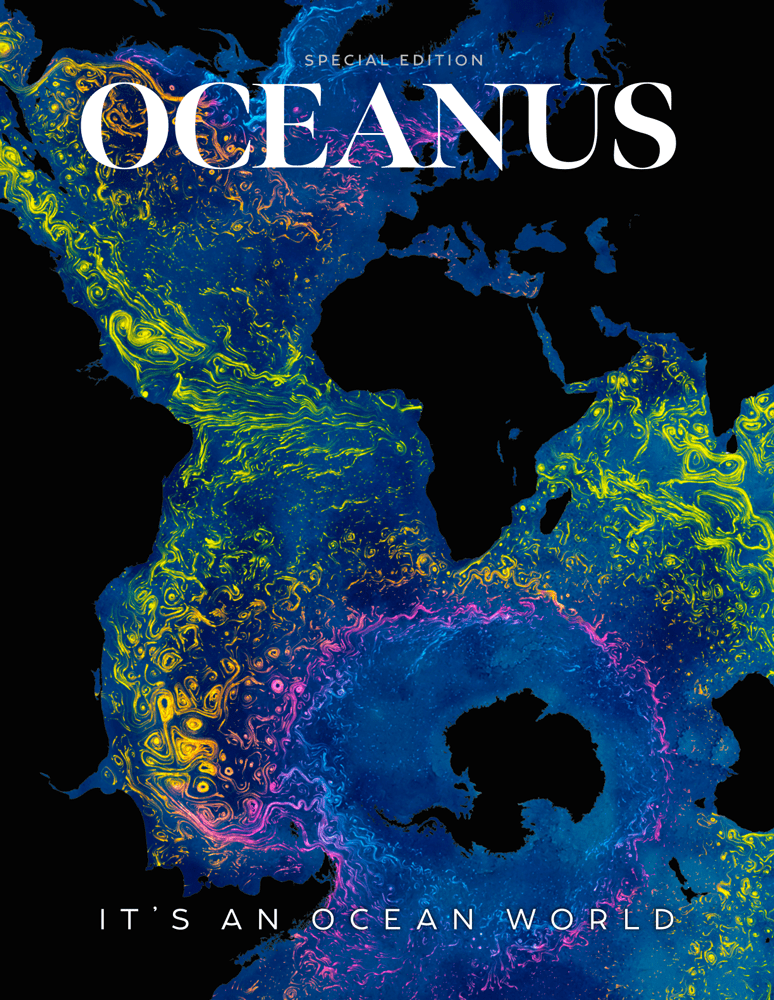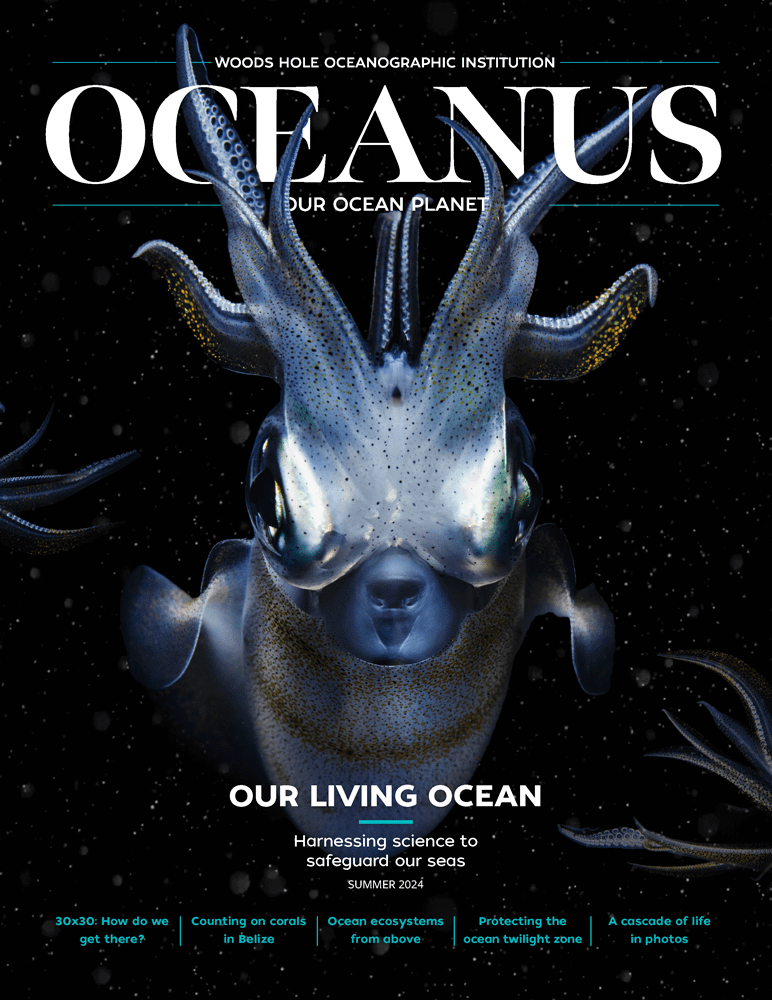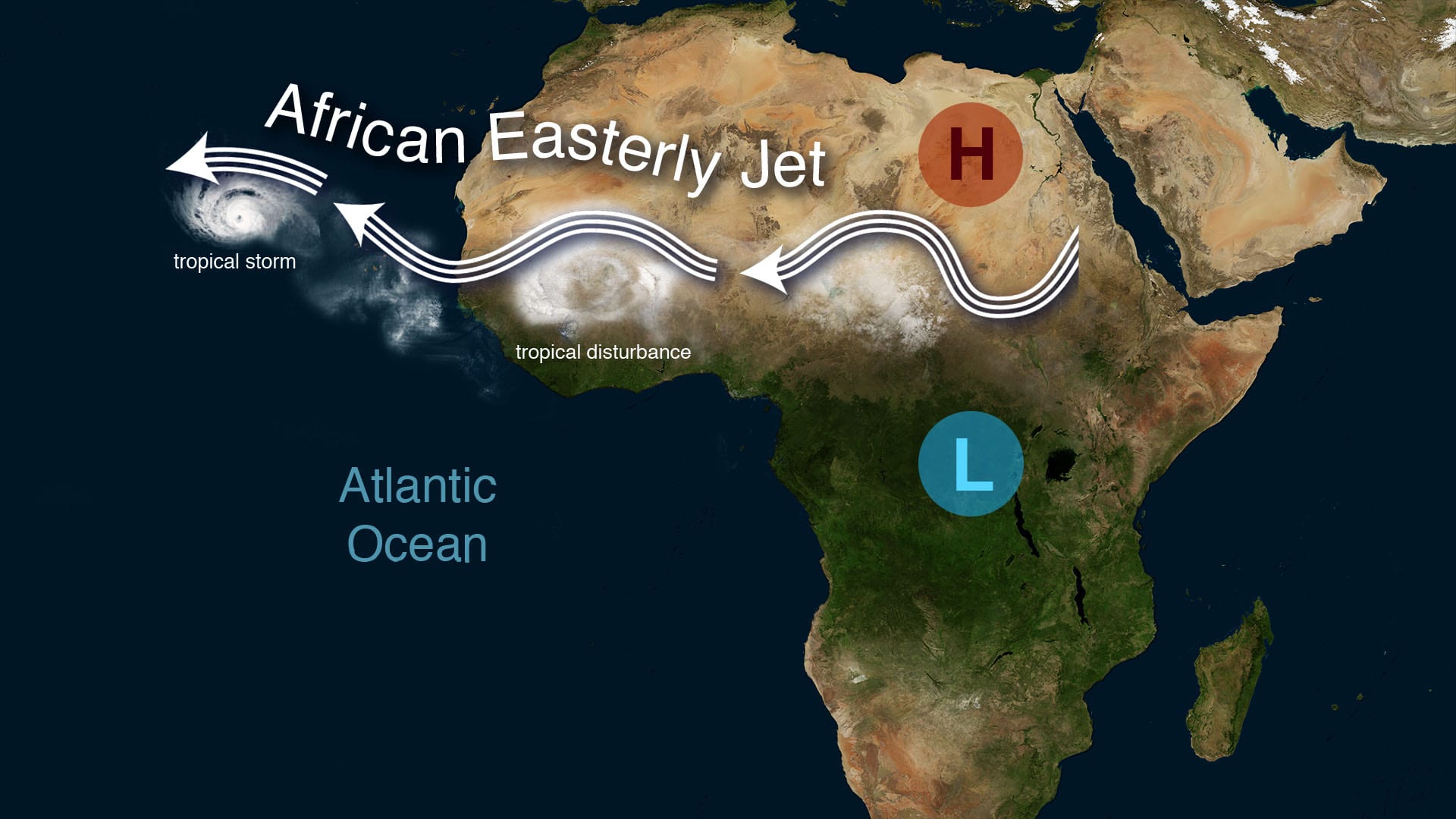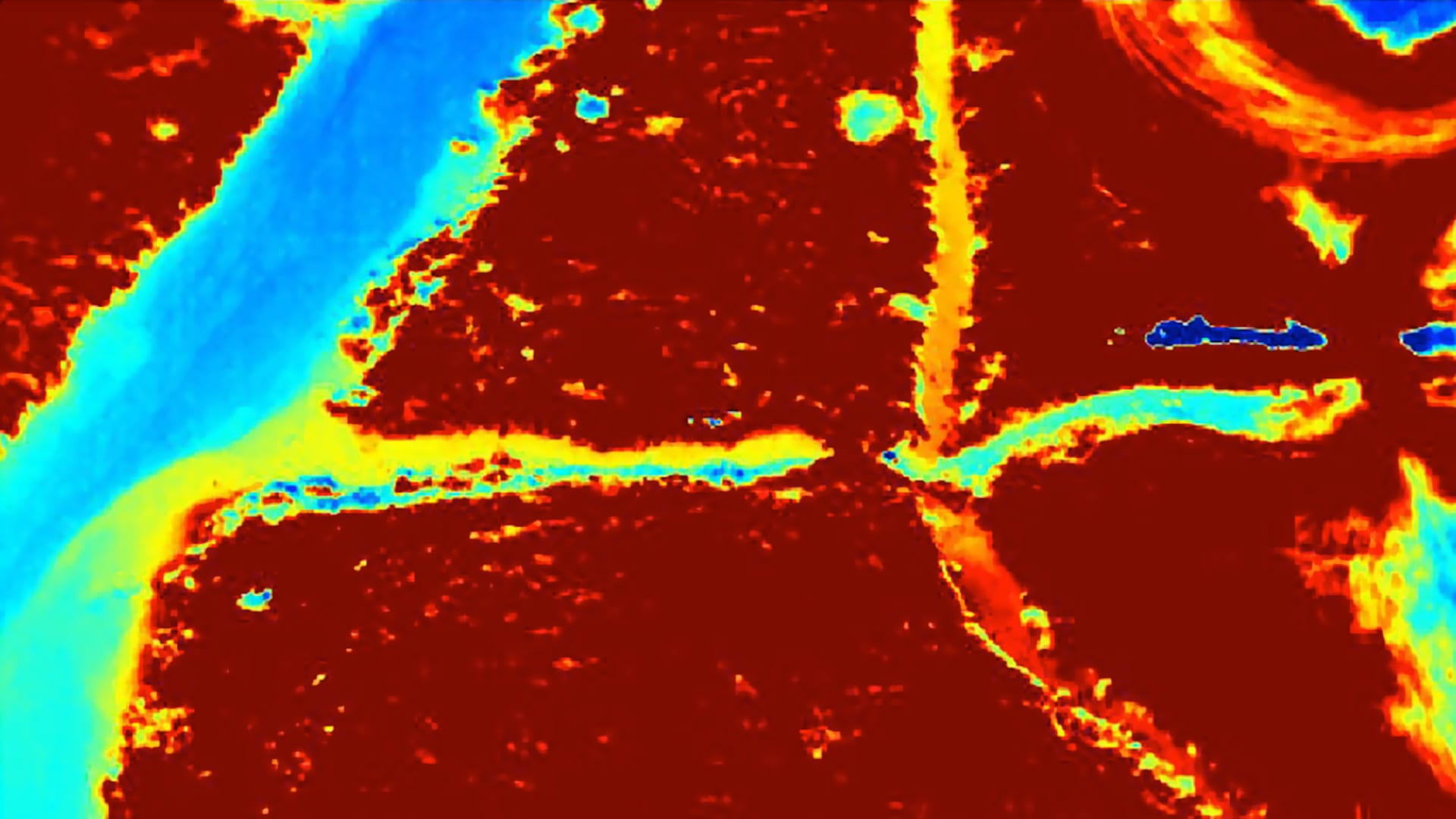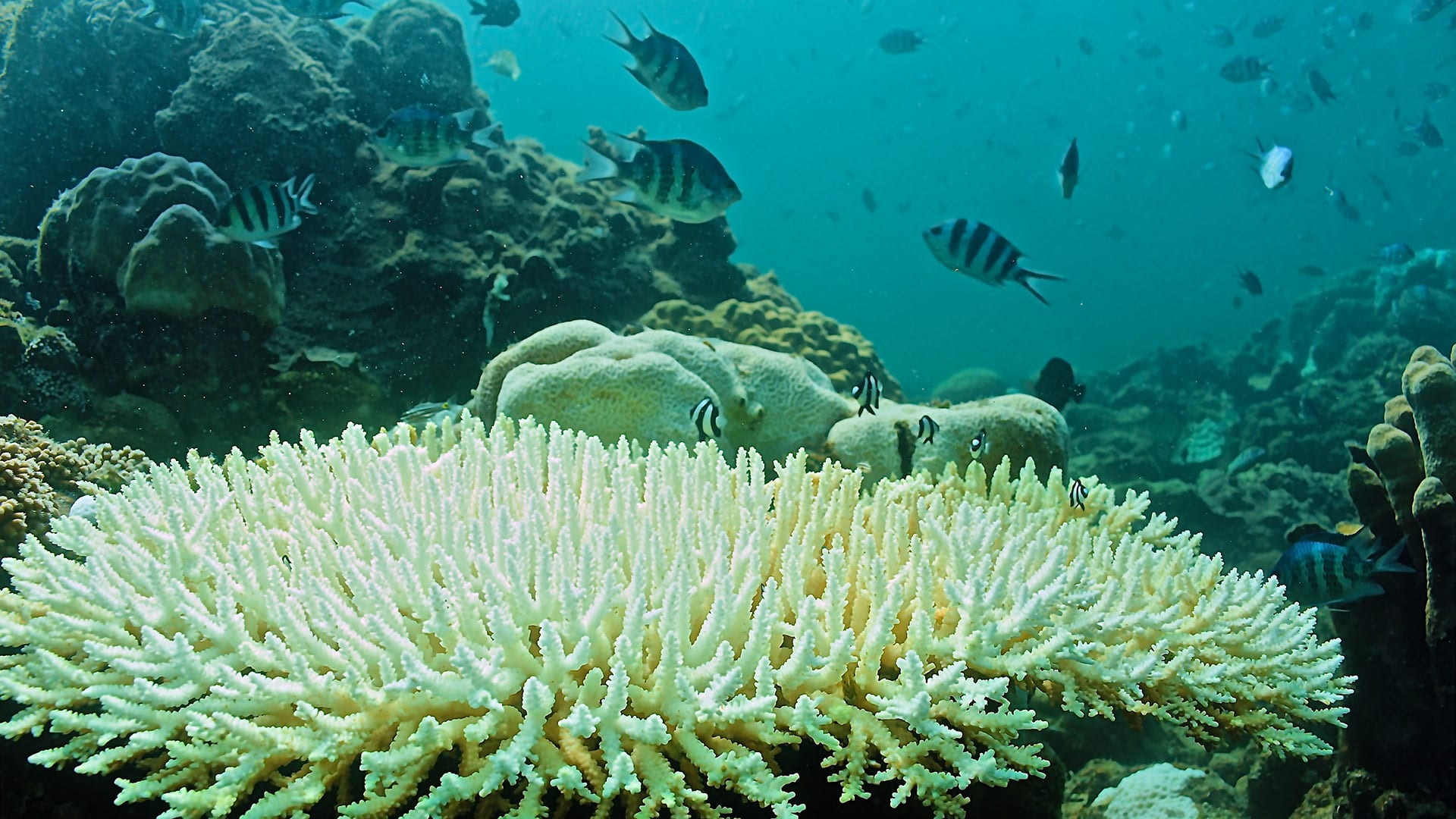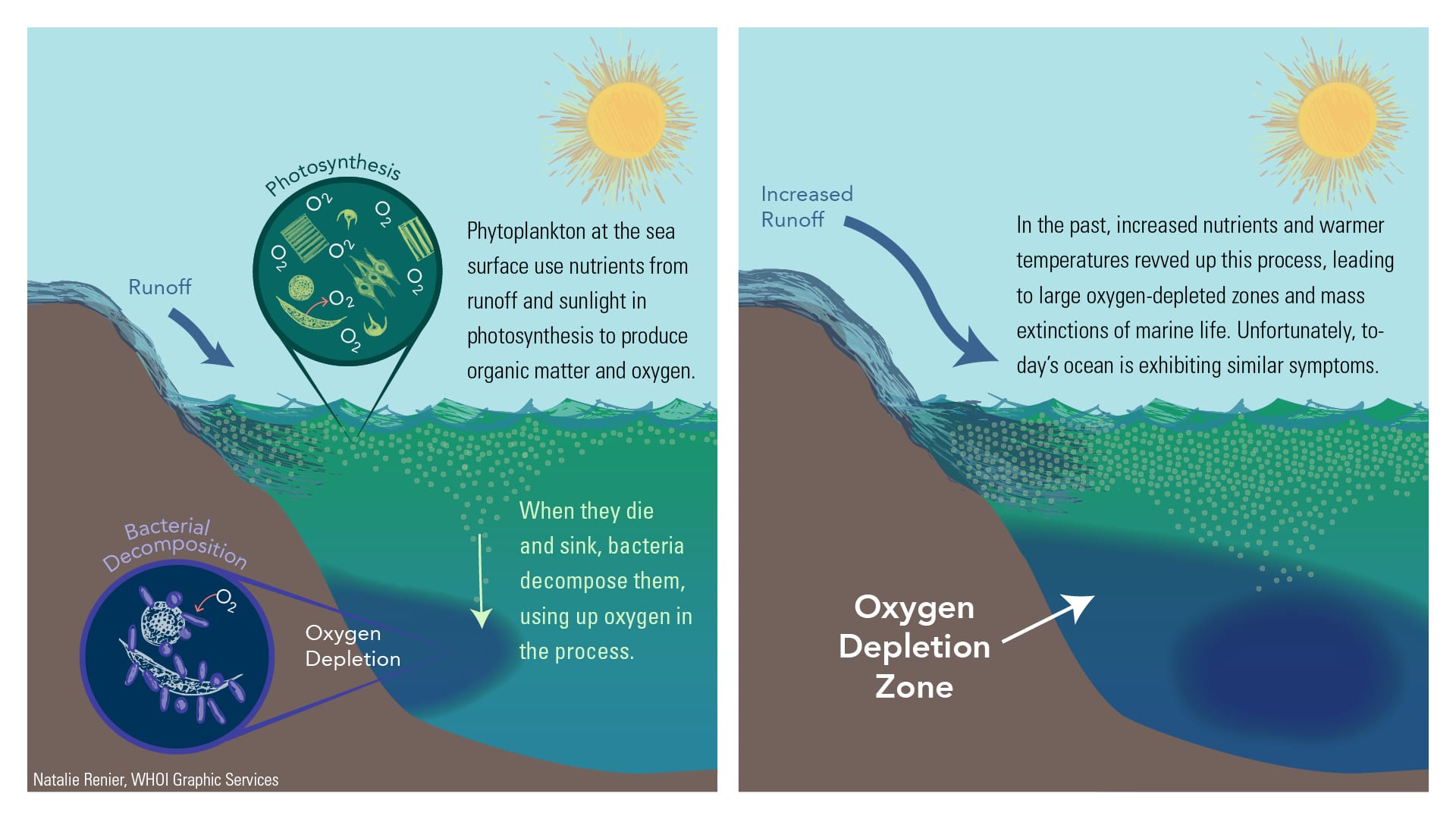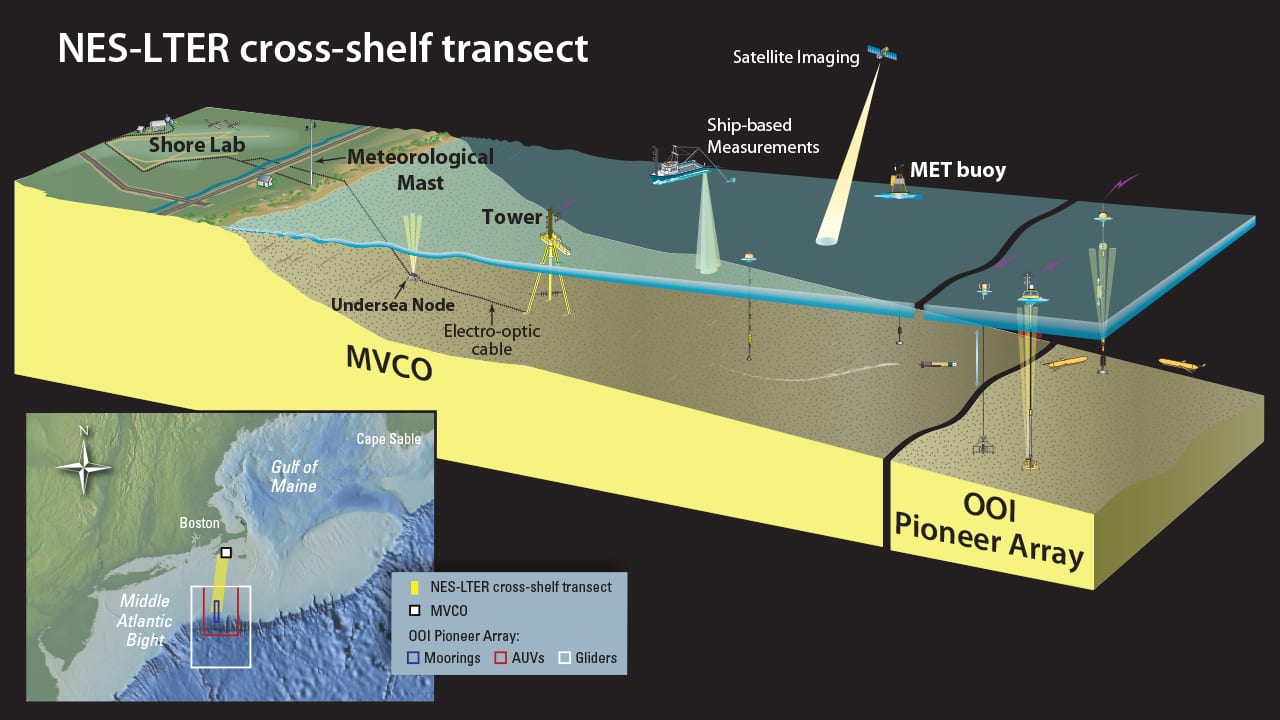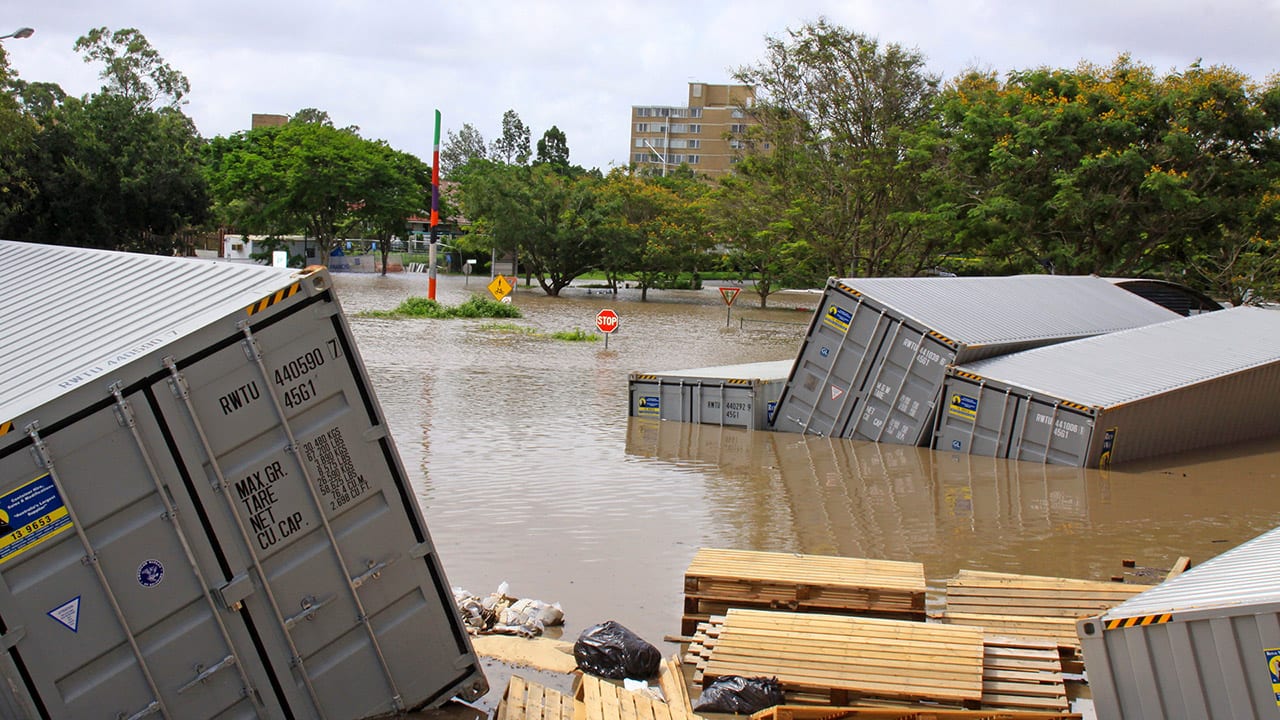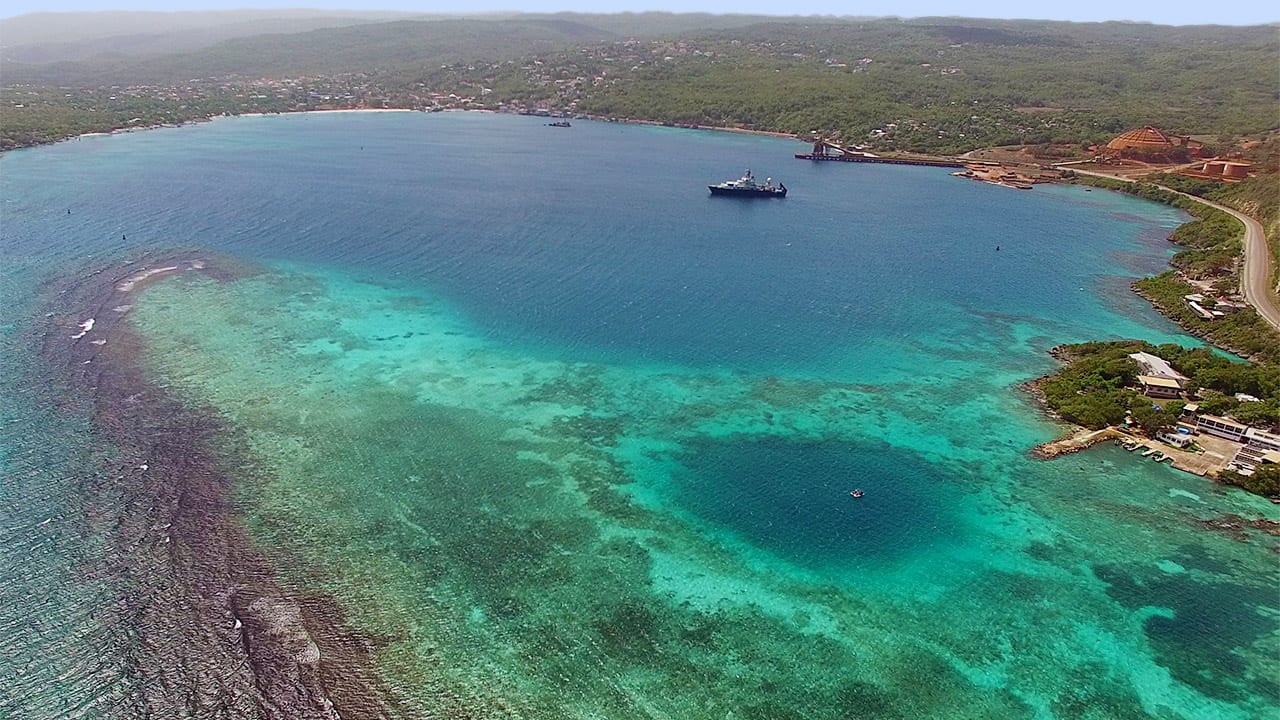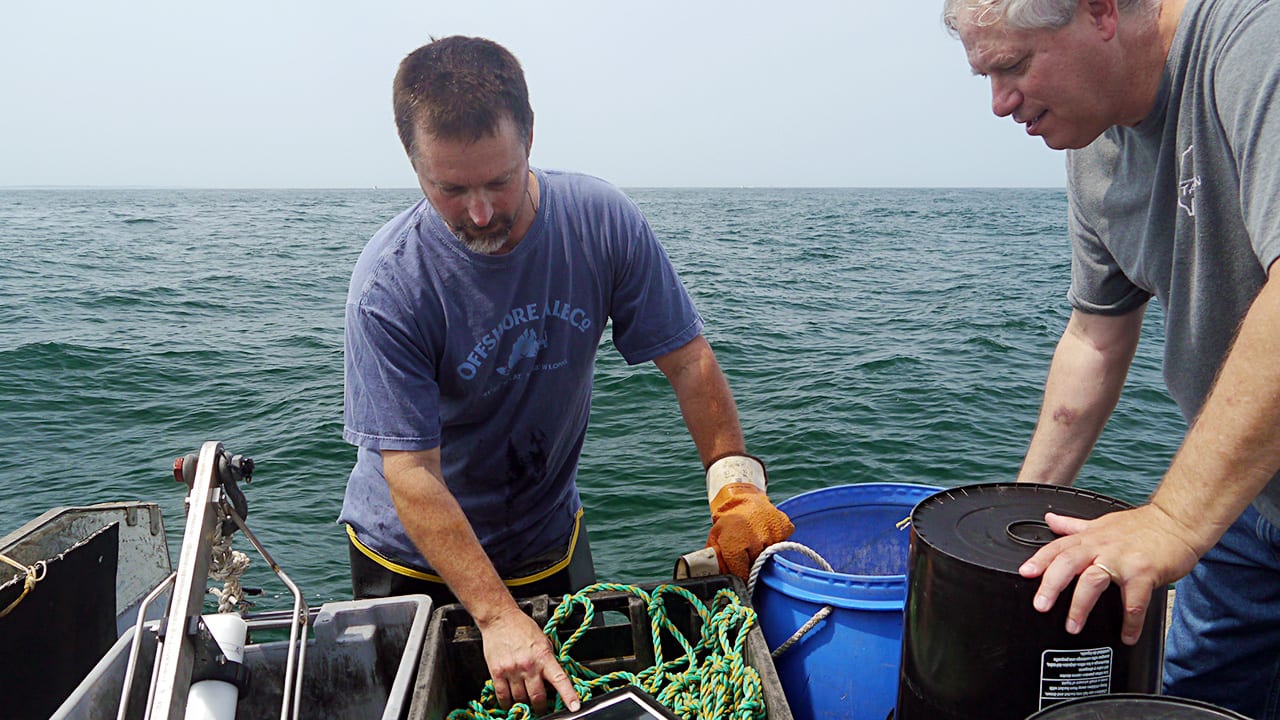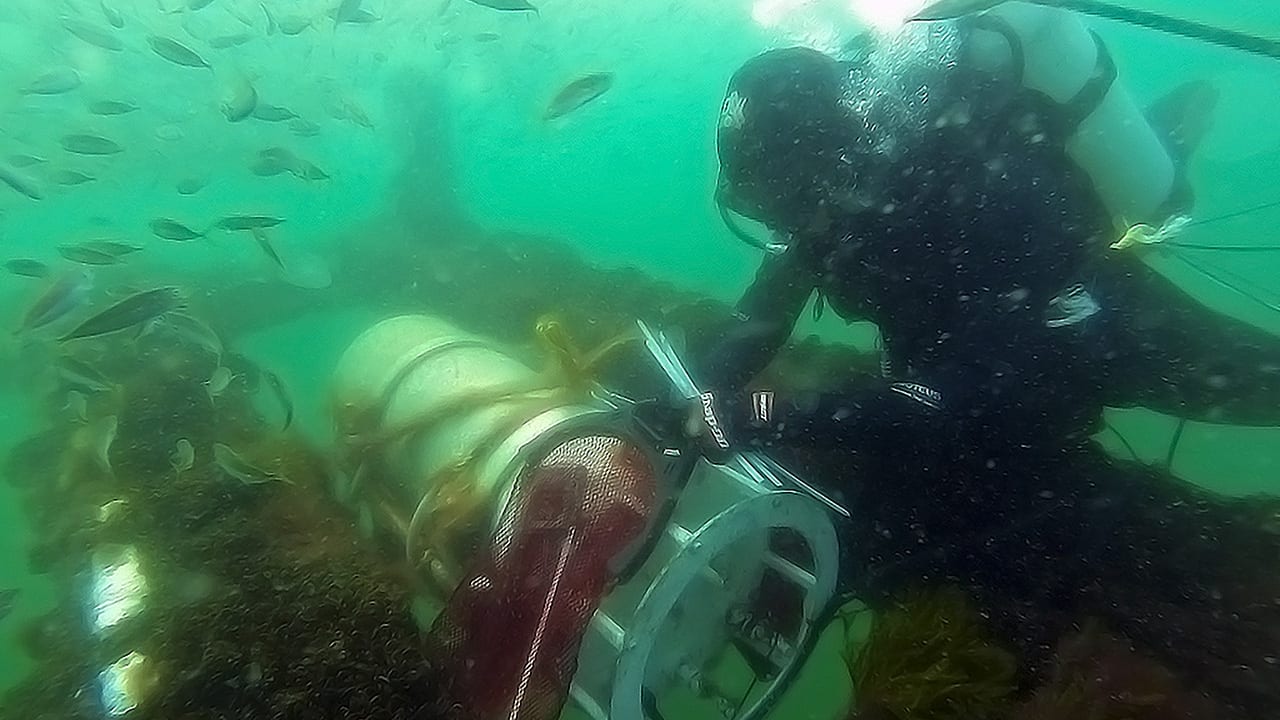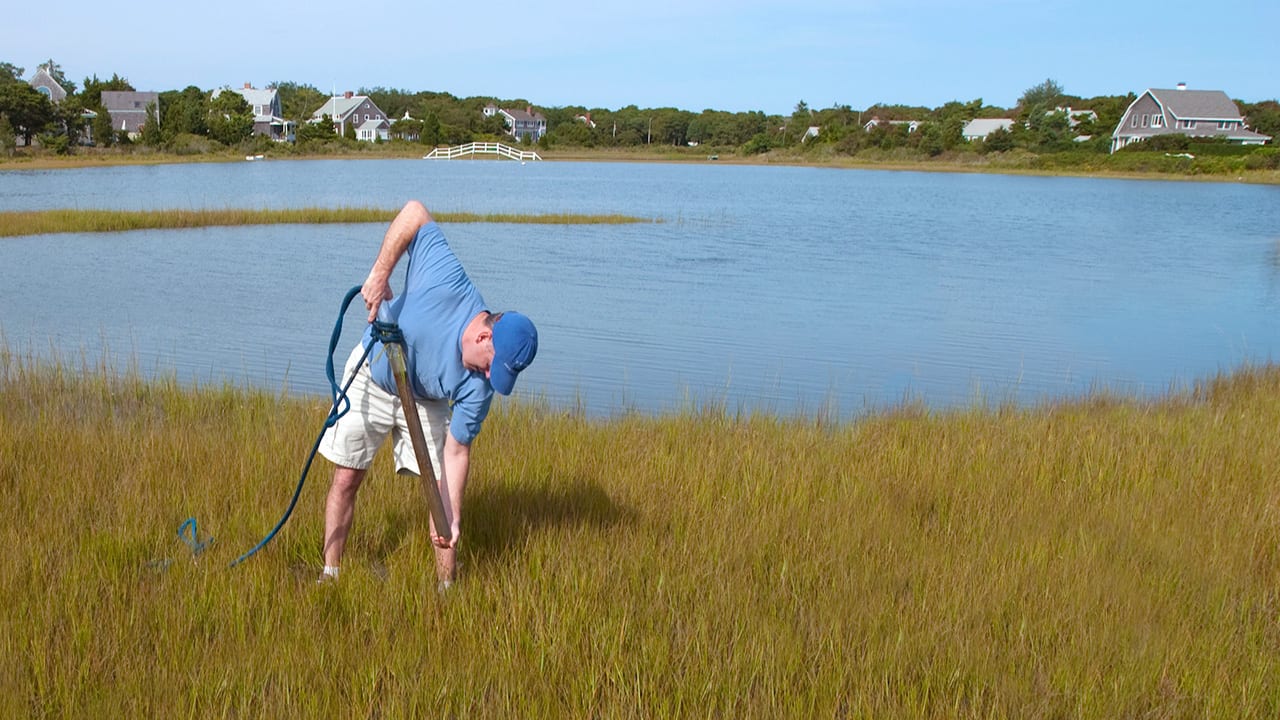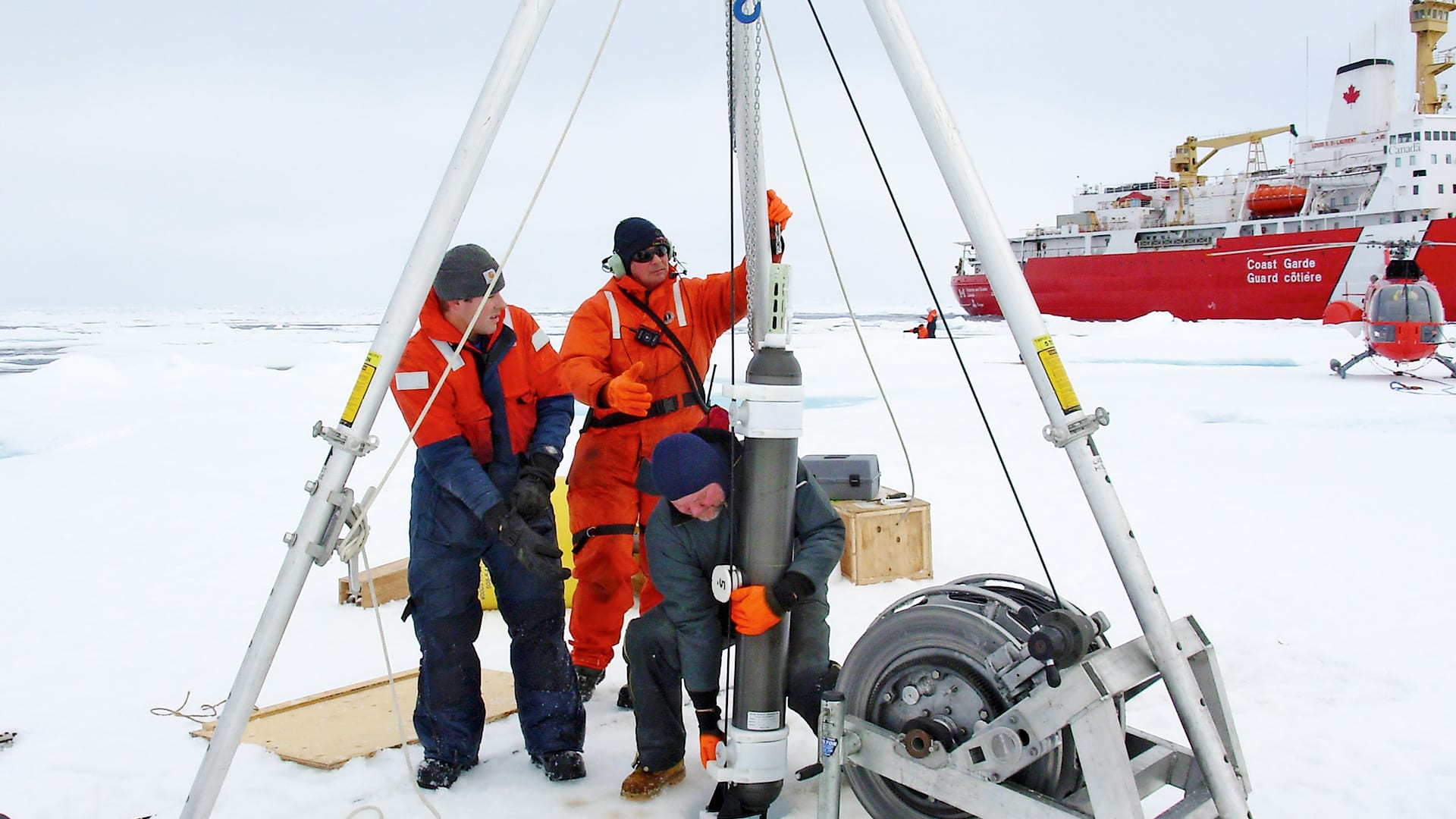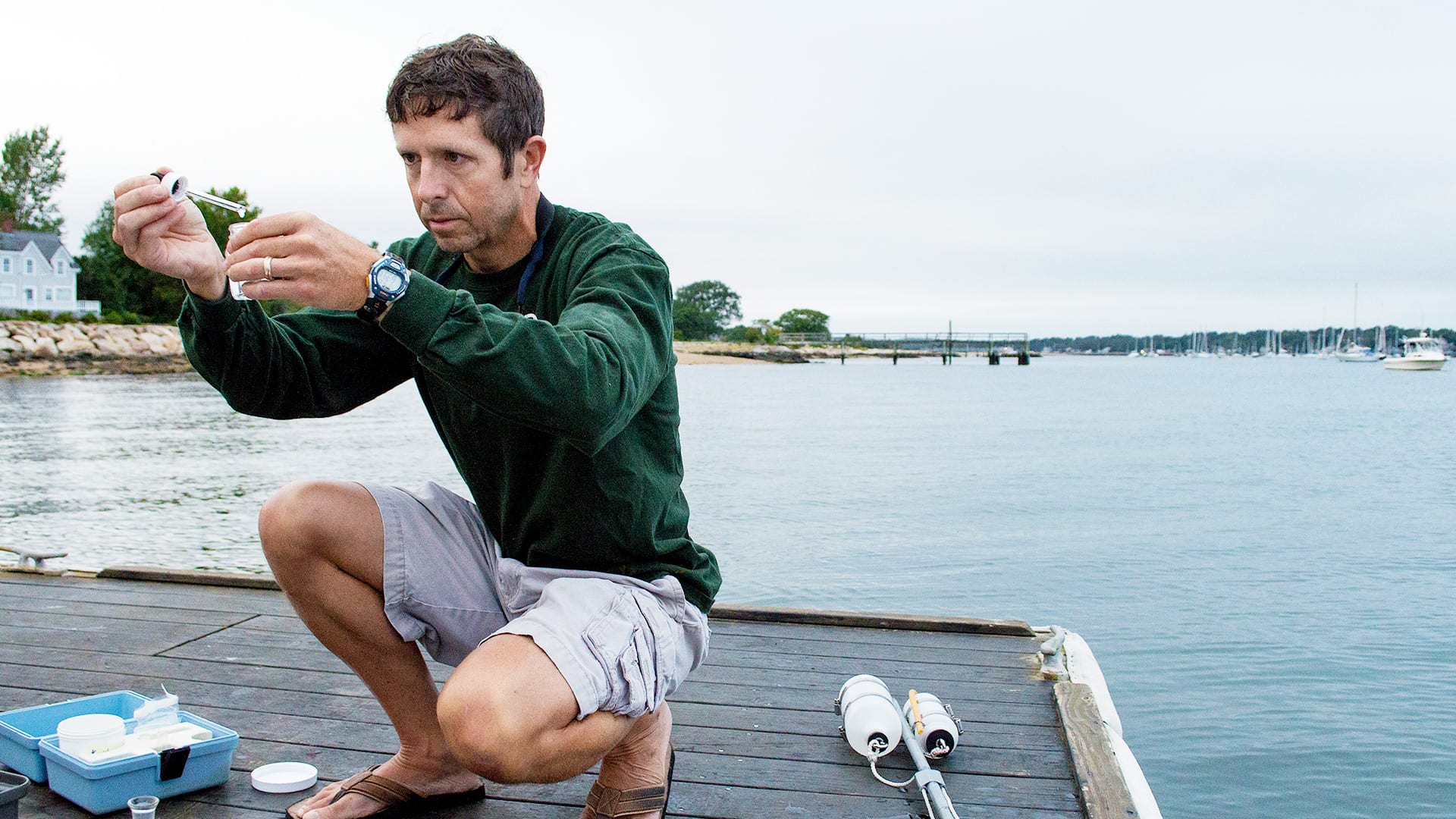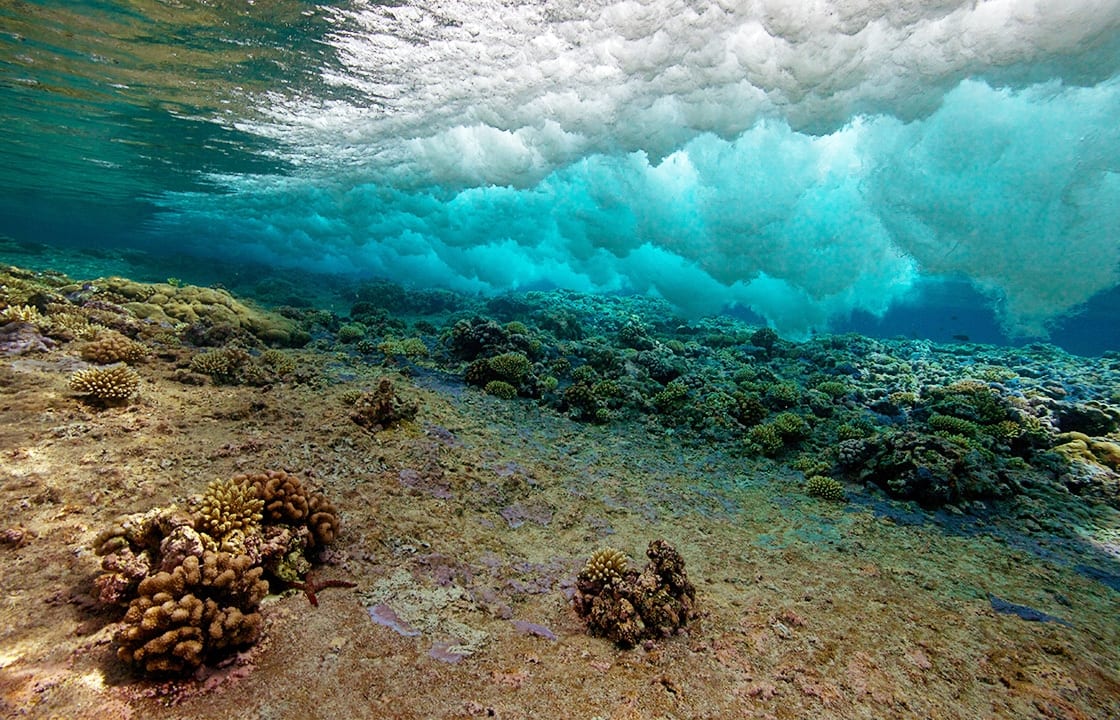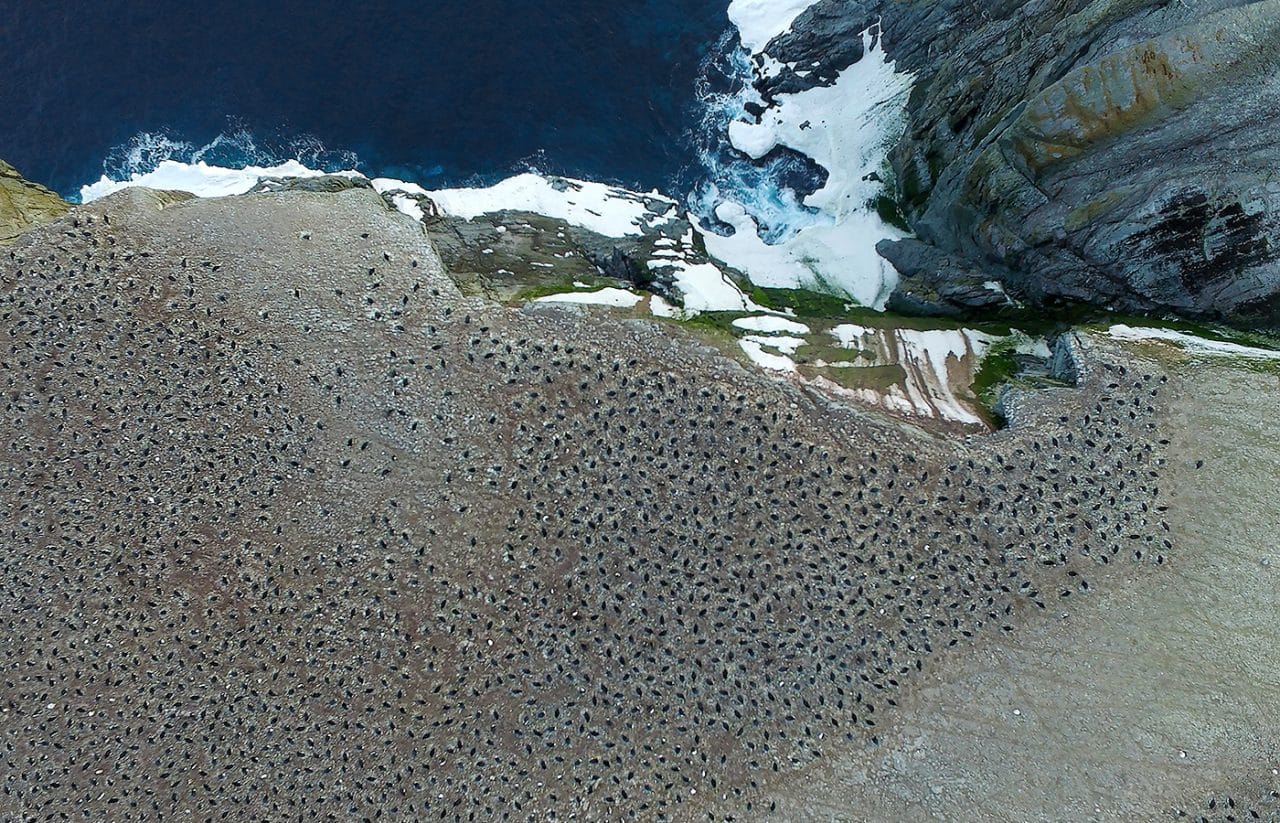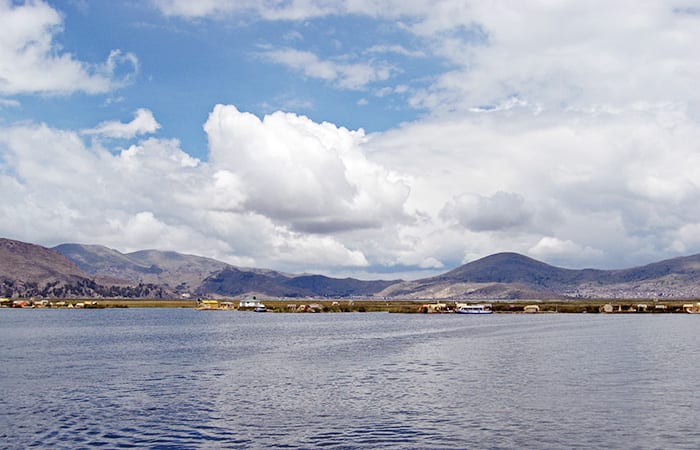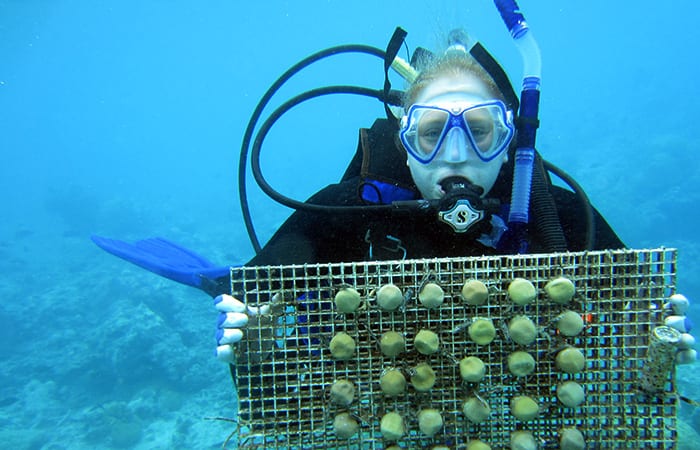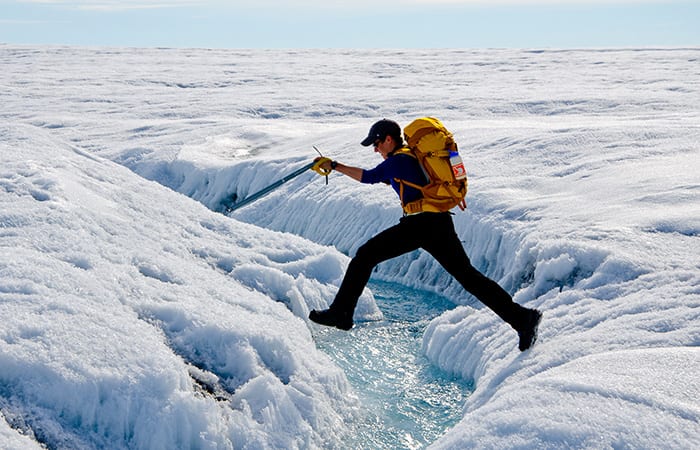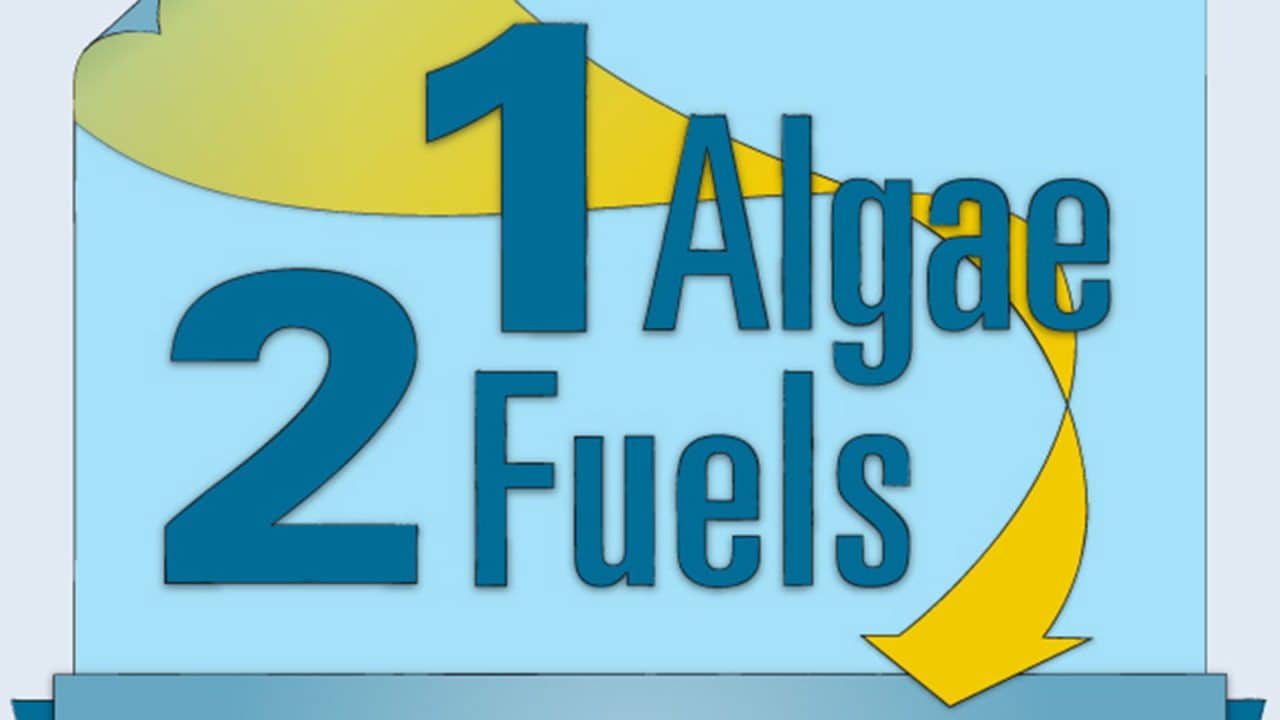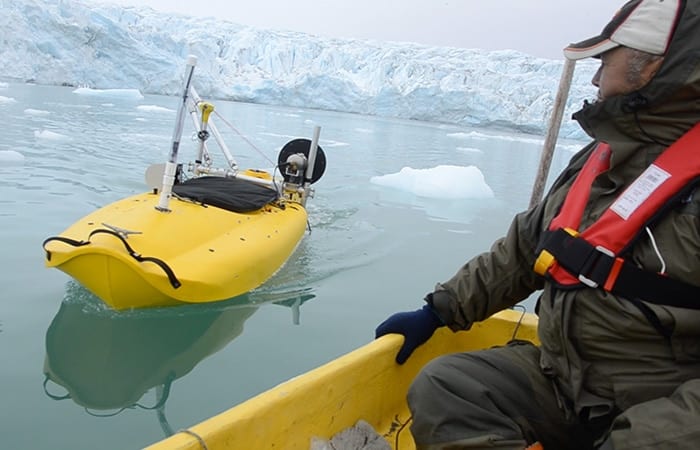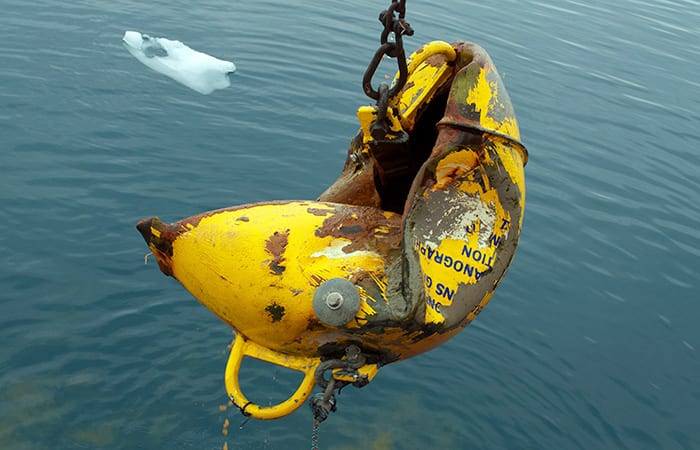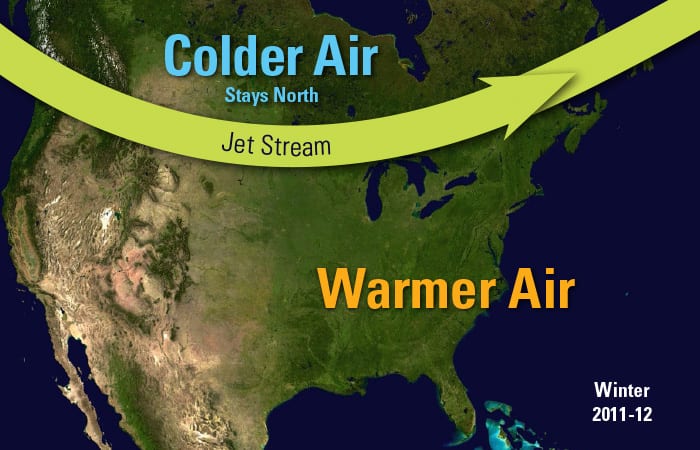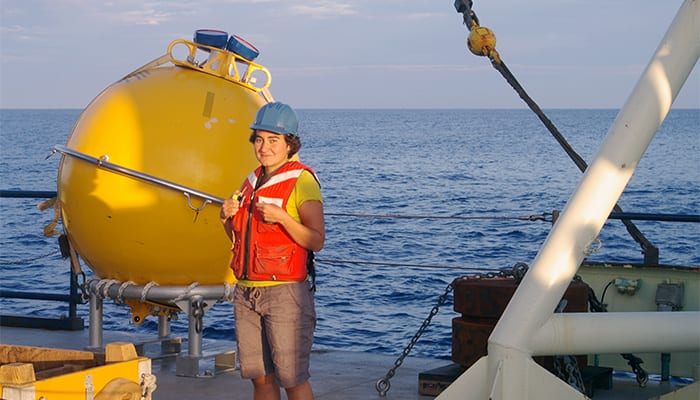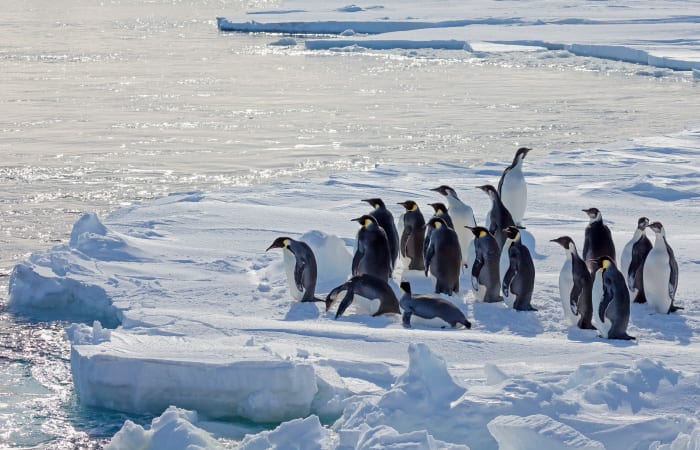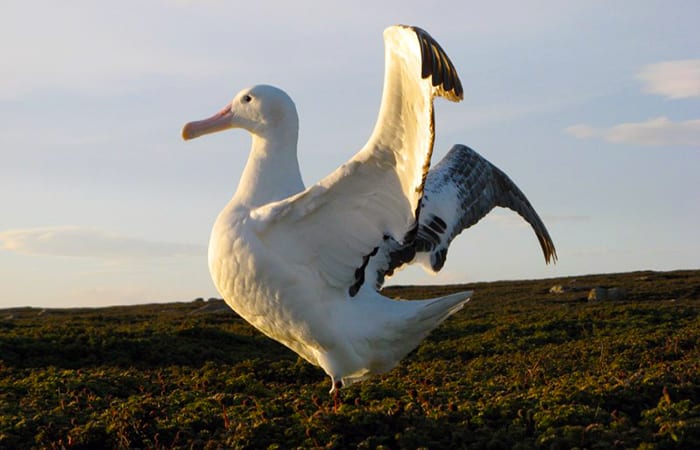Oceanus Online Archive
Unearthing Long-Gone Hurricanes
A graduate student at Woods Hole Oceanographic Institution tracks a trail of clues left behind on the seafloor by hurricanes as they stream across the ocean.
Read MoreUp in the Sky!
Nope, it’s not a bird or a plane. It’s a drone on a scientific mission to restore a river long impaired by dams and to help bring back populations of…
Read MoreA Double Whammy for Corals
Scientists know that gradually rising ocean temperatures can push corals past a threshold and cause them to bleach. But combine this chronic stress with an acute short-term weather shift, and…
Read MoreWill Oxygen in the Ocean Continue to Decline?
The living, breathing ocean may be slowly starting to suffocate. The ocean has lost more than two percent of its oxygen over the past-half century, and oxygen-depleted “dead zones” continue…
Read MoreLong-term Study Focuses on New England Ocean
The National Science Foundation has created a new Long Term Ecological Research site off the New England coast to increase understanding of an area of the ocean known for its abundant marine life and productive commercial fisheries.
Read MoreExtreme Climate
Extreme climatic events such as unusually severe storms and droughts can have profound consequences for life both on land and in the ocean. Woods Hole Oceanographic Institution climate scientist Caroline Ummenhofer studies the ocean’s role in the global water cycle and its effects on extreme weather and climate.
Read MoreBlue Holes and Hurricanes
Scientists are digging into clues that settle into sinkholes in the seafloor to learn about hurricane patterns in the past and in the future.
Read MoreScientist-Fisherman Partnership
WHOI physical oceanographer Glen Gawarkiewicz is enlisting the help of local fishermen to find out how climate change is affecting water conditions along the southern New England coast.
Read MoreSpring Arrives Earlier in the Ocean Too
Warmer oceans are triggering phytoplankton to start their annual blooms up to four weeks earlier than usual—a signal of how climate change can have far-reaching impacts on marine ecosystems. From…
Read MoreMore Floods & Higher Sea Levels
A research team predicts potentially big changes within the next century that would have significant impacts on those who live on or near the coast.
Read MoreSigns of Big Change in the Arctic
The climate in the Arctic region once predictably shifted back and forth between two regimes. But now the system seems to be stuck.
Read MoreAs Bay Warms, Harmful Algae Bloom
Warming coastal waters off southern Massachusetts are worsening the effects of pollution from septic systems, wastewater treatment plants, and fertilizer runoff—and causing a rise in harmful algal blooms. Researchers at…
Read MoreCoral Coring
Off a small island in the Chagos archipelago in the Indian Ocean, Woods Hole Oceanographic Institution (WHOI) biogeochemists Konrad Hughen and Colleen Hansel use a special underwater drill to take…
Read MoreSee Those Black Dots? They’re Penguins. Now Count Them.
That’s exactly what a team of researchers from Woods Hole Oceanographic Institution (WHOI) did on a recent expedition to the Danger Islands off the Antarctic Peninsula. The islands are home…
Read MoreTracking a Trail of Carbon
Lake Titicaca in the Andes Mountains of South America is an extraordinary place to explore ancient human civilization, Earth’s climate history, and the flow of carbon through our planet.
Read MoreCoral Crusader
Graduate student Hannah Barkley is on a mission to investigate how warming ocean temperatures, ocean acidification, and other impacts of climate change are affecting corals in an effort to find ways to preserve these vital ocean resources.
Read MoreScientists Find Trigger That Cracks Lakes
Graduate student Laura Stevens became a focal point of a research team that cracked a big mystery atop the Greenland Ice Sheet.
Read MoreOne Algae, Two Fuels
New research shows a way to tap overlooked fats in marine algae to produce compounds used in jet fuel.
Read MoreThe Jetyak
Oceanographers are always looking for cost-effective vehicles to help them explore risky regions. Scientists at WHOI have developed one: a robotic platform called the Jetyak.
Read MoreA Mooring in Iceberg Alley
WHOI scientists knowingly put a mooring in a fjord filled with icebergs near the terminus of a Greeland glacier. But it was their only way to learn if changing ocean conditions might be affecting how fast the glacier flowed into the ocean.
Read MoreJet Stream Gets Fish in Hot Water
WHOI scientists traced a heat wave in the North Atlantic, and the disruption of fisheries that it caused, to an unusual pattern in air circulation months earlier.
Read MoreDetours on the Oceanic Highway
WHOI graduate student Isabela Le Bras is exploring newly discovered complexities of the Deep Western Boundary Current, a major artery in the global ocean circulation system that transports cold water south from the North Atlantic.
Read MoreThe Decline and Fall of the Emperor Penguin?
Climate change is shifting conditions on which Emperor penguins in Antarctica depend to sustain their populations.
Read MoreSeabirds Face Risks from Climate Change
The research expedition ended in near-disaster. Stephanie Jenouvrier, aboard the ship Marion Dufresne II, was heading to the Southern Ocean to study seabirds. On Nov. 14, 2012, while making a…
Read More